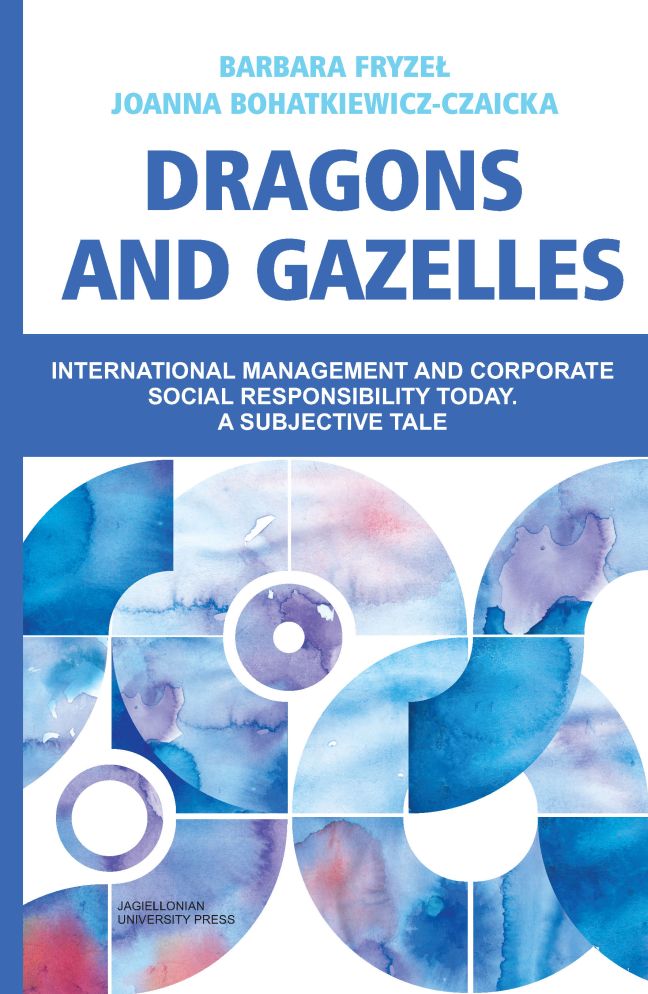 Dragons and Gazelles
Dragons and Gazelles Book contents
- Frontmatter
- Contents
- International Management Seen Holistically. Introductory Remarks
- The International Business Environment
- Capital Concentration: A Pre-Requisite or a Consequence of the Development of Transnational Corporations
- The Mechanisms of Internationalisation
- Global Marketing and Shaping Customers
- Cultural Aspects of a Global Market
- Social Perspectives of Business Internationalisation
- The Globalisation Project, Management and Crisis
- Case Studies
- References
- Appendix
- Index
- Miscellaneous Endmatter
Appendix
Published online by Cambridge University Press: 01 March 2024
- Frontmatter
- Contents
- International Management Seen Holistically. Introductory Remarks
- The International Business Environment
- Capital Concentration: A Pre-Requisite or a Consequence of the Development of Transnational Corporations
- The Mechanisms of Internationalisation
- Global Marketing and Shaping Customers
- Cultural Aspects of a Global Market
- Social Perspectives of Business Internationalisation
- The Globalisation Project, Management and Crisis
- Case Studies
- References
- Appendix
- Index
- Miscellaneous Endmatter
Summary
Methodology of the case studies
Case study research has been applied in the study (Yin, 2009). The selection of exemplary industries, economic clusters and enterprises for the case studies was based on a finding of convergence with the themes of the case studies. The criteria used to select case study subjects are presented in Table 16.
The aims of the studies are to describe the paradigms of globalisation and its impact in the micro and mesoeconomic areas on the basis of specific examples taken from economic business activities. Particular attention has been paid to industrial clusters as a form of organisation of an industry which is especially active in international business relationships.
The sources of the data and information used in the case studies are as follows:
• Eurostat—Regional structural business statistics,
• GUS—Statistics Poland,
• mostly peer-reviewed scientific articles,
• websites of companies and clusters.
Case studies no. 1, 2, 3 and 5 may be considered descriptive case studies (Baxter, Jack, 2008; Yin, 2009). Case study no. 4 has an explanatory nature (Baxter, Jack, 2008; Yin, 2009).
In case studies 1 and 2, both focused on a similar industry, the method included a literature review on clusters, using key words such as “Italian cluster”, “Marshallian cluster”, “cluster upgrading”, “cluster evolution”, and “clusters in global value chains”. Thanks to the application of the abovementioned selection criteria, it was possible to identify the clusters that best reflected the subject matter of the case study and the research questions posed.
Case 1 included also a qualitative method used for industry delimitation and mostly for industrial cluster identification. It was based on the measurement of the location quotient (LQ).
It is assumed that a location index of more than 1.25 indicates a potential cluster. A higher score on this indicator is accompanied by a higher probability of a cluster being present in the area. LQ shall be calculated as specified below.
LQ measures the relative concentration of a given type of activity (industry) in a research area in relation to the reference area, predominantly a region (Bohatkiewicz, Gancarczyk, 2018, pp. 490–491), usually a national economy (Górska, Łukasik, 2013).
- Type
- Chapter
- Information
- Dragons and GazellesInternational Management and Corporate Social Responsibility Today. A Subjective Tale, pp. 201 - 204Publisher: Jagiellonian University PressPrint publication year: 2023


